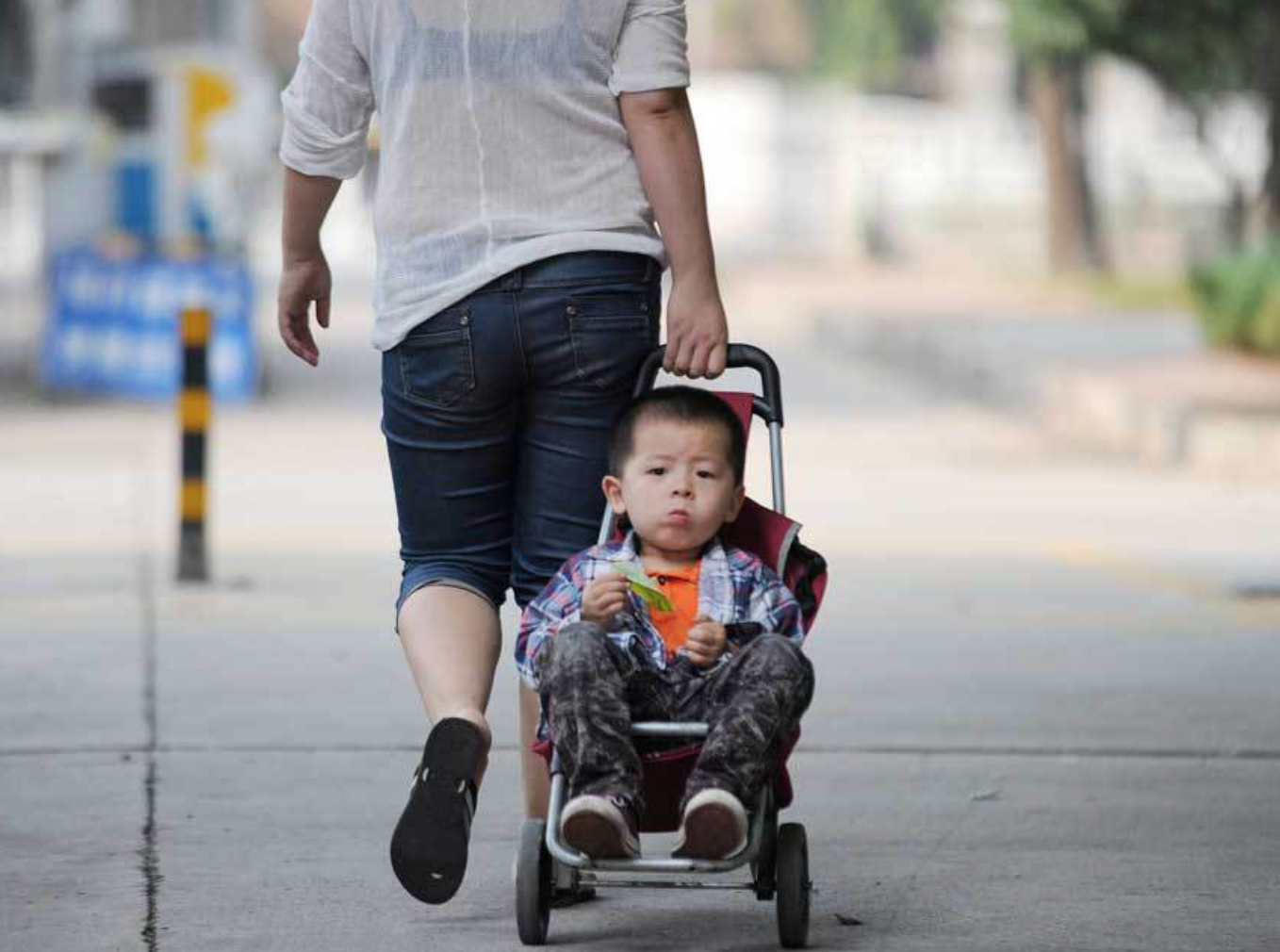Can China implement a three-child policy?
Can China implement a three-child policy?


Last week, prior to the opening of this year’s “Two Sessions” (两会 liǎnghuì) on March 5, a proposal drafted by a deputy to the National People’s Congress (NPC), China’s top legislature, made some headlines for suggesting that a three-child policy be adopted nationwide to replace the current two-child policy.
In an interview published by Jiemian — an independent-minded website owned by a company controlled by the Shanghai government — on March 2, deputy Zhu Lieyu 朱列玉, a lawyer in Guangdong Province, elaborated on his suggestion. “If China doesn’t change its population policy to increase the birth rate, it will soon join the countries with low fertility rates. So it’s imperative to adopt a three-child policy as soon as possible,” Zhu said, noting that China’s total fertility rate has not risen much since the relaxation of the decades-long one-child policy in January 2016.

According to data released by the National Health and Family Planning Commission of China, two years into the implementation of the two-child policy, there were about 17.23 million newborns in 2017, 630,000 fewer than in the previous year, which witnessed a mild baby boom of 17.86 million new births, an increase of 7.9 percent from 2015. However, the birth rate of 2016, arguably the year when the two-child policy worked most effectively, still fell short of the government’s prediction of 18 million newborns.
In addition, new data from China’s Ministry of Civil Affairs shows that since 2014, the number of newly registered marriages has declined for three years in a row, while China’s divorce rate has been on the rise for the last 14 years. Meanwhile, a 2016 survey conducted by the All-China Women’s Federation found that more than half of Chinese couples didn’t want a second child. The percentage is particularly high among well-educated couples in first-tier cities, where over 60 percent suggested a preference for one child.
Amid concerns about the country’s demographic future, China has employed various methods to flip the trend. For instance, Shanxi Province is offering cash subsidies to newlyweds as part of an incentive program to “promote the healthy development of marriage and family.” And when the child abuse scandal at a Shanghai daycare center broke out, the Global Times worried that it might have an adverse impact on “China’s efforts to increase birth rate.”
But none of these practices are as progressive as the proposal of a three-child policy, and the deputy appeared to be willing to go as far as lifting any restrictions on the number of kids a Chinese family can legally have. “If China’s birth rate doesn’t see a rise after a three-child policy, we should consider ending any sort of family-planning policy,” Zhu said to Jiemian.
But as many internet users pointed out, the potential policy is bound to be futile if other concerns related to having more than one child cannot be properly addressed. “Does this deputy know that you have to raise a kid after you give birth to them? With my current salary and the country’s healthcare and education system, how can I be assured that I will be financially capable of raising more than one child?” one commenter wrote.






